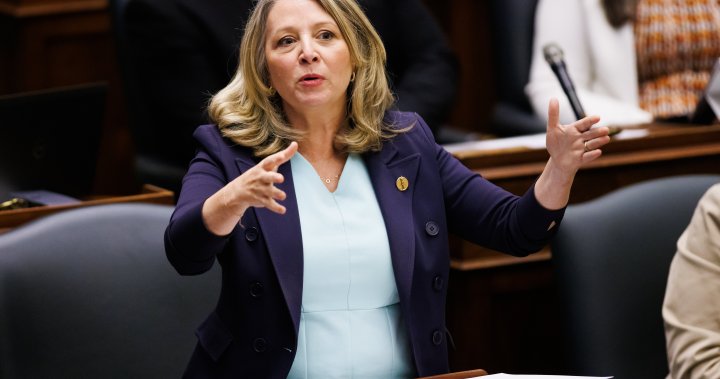The Ontario NDP’s strategic move to delay Bill 5 has sparked quite the controversy at Queen’s Park this week. As someone who’s covered provincial politics for nearly a decade, I’ve rarely seen such determined procedural maneuvering.
The New Democrats have effectively thrown a wrench into the Progressive Conservative government’s plans by employing what some call “delay tactics” and others view as necessary legislative scrutiny. At issue is Bill 5, the proposed Build More Homes Act, which the NDP argues contains problematic provisions related to mining operations.
“This isn’t about obstruction for obstruction’s sake,” NDP House Leader MPP Catherine Fife told me during a brief interview yesterday. “We have serious concerns about how this bill could impact communities near mining operations and potentially threaten environmental protections.”
The tactics themselves are fascinating for political observers. The opposition has been introducing numerous amendments and utilizing procedural tools available to them under parliamentary rules. The government, predictably, is frustrated by what they characterize as needless delays to legislation they believe will help address Ontario’s housing crisis.
“We’re trying to build homes for Ontarians while the NDP plays political games,” said Government House Leader Paul Calandra during yesterday’s heated question period.
What makes this particularly interesting is how the NDP has focused their objections on specific mining-related provisions tucked into what’s ostensibly a housing bill. This highlights the increasingly common practice of omnibus legislation where multiple policy changes are packaged together under a broadly appealing title.
I spoke with environmental policy expert Dr. Miranda Chen at the University of Toronto, who explained, “When mining regulations are modified within housing legislation, it creates a situation where important environmental safeguards might not receive the dedicated debate they deserve.”
The NDP’s concerns specifically relate to changes that could potentially expedite mining approvals without what they consider adequate environmental assessment or community consultation. For communities in Northern Ontario where mining operations are common, these aren’t minor technicalities but issues that directly affect water quality and local ecosystems.
Toronto environmental lawyer Stephanie Williams points out that “the devil is always in the details with omnibus bills. Provisions that might seem minor can have significant real-world impacts.”
While covering Toronto business developments over the years, I’ve observed how regulatory changes often have ripple effects across multiple sectors. The housing crisis certainly demands urgent action, but the question becomes whether speed should trump careful consideration of all aspects of complex legislation.
The procedural tactics being employed might seem obscure to many Ontarians, but they represent one of the few tools available to opposition parties in a majority government situation. By extending debate and committee consideration, the NDP aims to bring greater public attention to specific provisions they find problematic.
What happens next remains uncertain. The government holds a majority and can eventually push the legislation through, but the delay provides more time for public scrutiny and potential modifications. This political chess match underscores the complex balance between legislative efficiency and thorough democratic review.
For Torontonians watching from a distance, these procedural battles might seem removed from daily concerns. However, the precedents set regarding environmental regulations and community consultation could eventually affect urban development patterns and environmental protections across the province.
As this situation unfolds, I’ll continue tracking how this legislative strategy develops and what compromises, if any, emerge from this political standoff at Queen’s Park.







